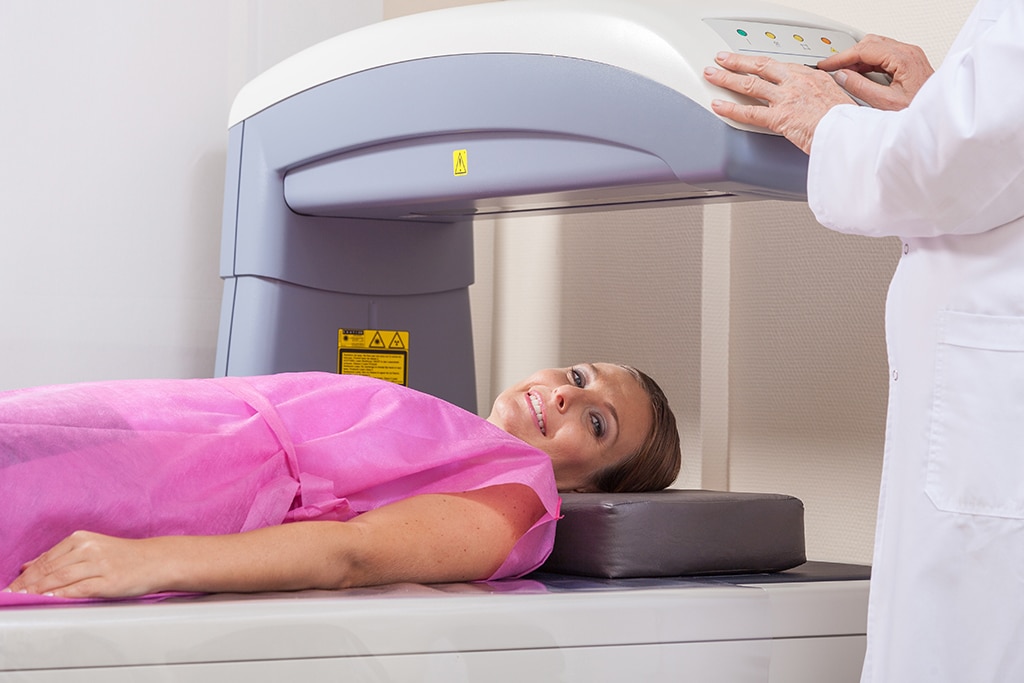Osteoporosis is a medical condition that slows the production of bone tissue that is used to replace aging bone tissue. When you are not able to make enough bone tissue or begin losing it at a high rate, the risk of bone fractures dramatically increases. In America, around ten million people are affected by osteoporosis, with 80% of them being women. Women have a higher risk of developing osteoporosis due to their natural hormonal changes.
As you age, your doctor may recommend monitoring your bone mass over time through a bone density scan, also known as a DEXA scan. Dual-energy X-ray absorptiometry (DEXA) scans are the only medical imaging study capable of detecting osteoporosis before a fracture occurs, allowing you and your doctor to plan accordingly.
You lose bone density throughout life as part of the body's natural process of replacing old bone with new. Around the age of 30, the rate of bone loss may begin to outpace the rate of bone replacement, setting the stage for osteopenia, the precursor for osteoporosis.


